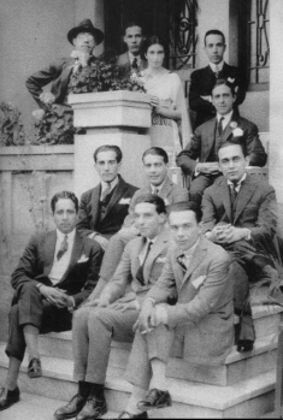Here is an element that presents itself as the main factor of our fruitful meeting: unstressed oblique pronoun. Don't you remember him? Don't be so worried, because a single click will send you to a text in which you will find information you need to remember some little details - "Pronouns”.
Through it we could see that there are unstressed and tonic oblique pronouns, isn't it true? Here, in particular, we will deal with these first - unstressed - that is, those whose pronunciation is not presented with such intensity, when compared to tonics, which they have autonomy, that is, they are independent with regard to phonetic aspects (related to the sound they produce).
Thus, after some concepts remembered, let's go to what interests us specifically: the use of these (unatonic) pronouns at the beginning of a sentence.This is possible because, as you know, we are subjected to a system that controls all situations related to written language, one that concerns grammatical norms, you know?
Well, to find out, let's analyze the example below:

When it comes to the formal pattern of language, the use of the unstressed pronoun at the beginning of a sentence represents an inadequate practice.
Imagine that a customer arrives at the bakery and, as usual, says to the attendant:
- Give me five loaves, please.
How do you think this speech should be expressed? Shall we rectify it then?
Give me five loaves, please.
As you can see, the pronoun atom is now placed after the verb and no longer at the beginning of the sentence. Only in specific cases, such as advertising language, language used in music, literary language, in short. Do you know why this happens? Because there is the so-called poetic license, in which even some inadequacies occurring, it becomes allowed, ok?
By Vânia Duarte
Graduated in Portuguese


